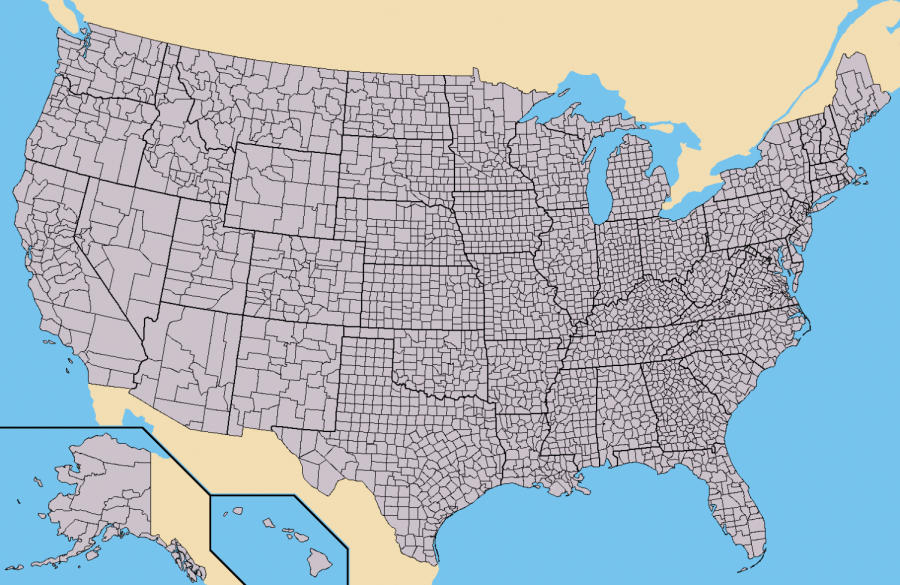Opinion: No Electoral College, No Popular Vote: Let Congress Elect the President
As the final tallies from Tuesday’s presidential election trickle in, it is likely that Democratic nominee Joseph R. Biden will win the national popular vote. However, the election is still considered a toss-up due to close swing state races in the Electoral College. Despite receiving over 2.5 million more votes than President Donald J. Trump (as of 10:45 AM on Wednesday, November 4th), Biden could still lose the presidency if Trump wins by narrow margins in both Pennsylvania and Michigan. For the third time in the past six presidential elections, it appears that the Electoral College may again fail to reflect the will of the American people. This development has reinvigorated critiques of the Electoral College, persuading many to call for its termination in favor of a national popular vote.
Despite the common sense of a popular vote, it has significant flaws that undermine its practicality. The last five years have evidenced just how uninformed American voters are. Sensationalist cable news networks and clickbait social media headlines present American citizens with a dramatized account of national politics, often playing on voters’ fears to manipulate their opinions. The increasingly wide gap between liberal and conservative America has generated the alienation of Americans with different backgrounds, causing many citizens to elect politicians on the basis of emotion rather than reason or policy. Consequently, average Americans voting on election day make uniformed and tempestuous decisions.
A decision as important as the election of the president should not be left in the hands of uninformed voters. Instead, congresspeople in the House of Representatives should hold the responsibility of choosing a new president every four years. Unlike most American citizens, congressional representatives have the time, resources, and connections to make informed decisions on behalf of their constituents.
Congresspeople are plenty representative of the general population: they are judged every two years on their ability to reflect the opinions of their constituents. Some might argue that a congressionally-determined election is not a close enough reflection of the will of the whole country, but this reasoning ignores the fact that representatives are tasked every day with making important decisions for their constituents. If congress people are qualified to make decisions on important federal policy, citizens can count on them to elect a competent and well-regarded president.
Any system used to elect the President of the United States should incorporate the positive elements of the Electoral College while also correcting its shortcomings. Although the Electoral College disproportionately relies on Americans in swing states and undermines the basic principles of democracy, it does ensure that citizens in each region are represented. A congressionally-determined election would offer a single vote to each congressional district, giving each small area an audible but proportional voice.




























